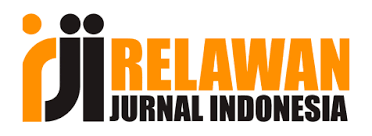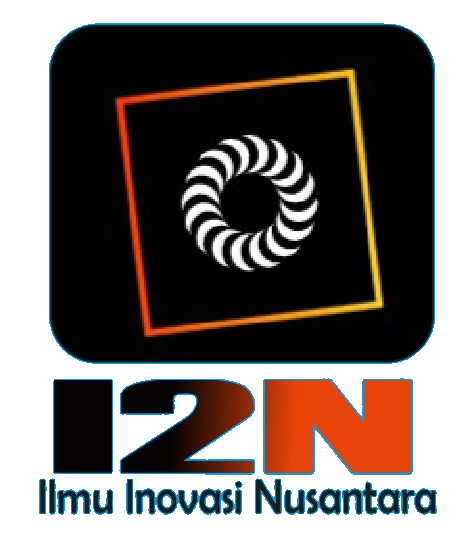Integrating Scientific Studies and Education: A Strategic Approach to Enhancing Learning Quality and Innovation in Higher Education
DOI:
https://doi.org/10.58557/(ijeh).v5i3.327Abstract
To accelerate the development of a strong nation in education, science, and technology while achieving self-reliance in high-level scientific and technological advancements, the integrated "trinity" of education, science, and talent cultivation is necessary. This study focuses on the significance of integrating education and scientific studies in higher education, emphasizing the role of universities in fostering a holistic educational ecosystem. This study employs a descriptive analysis of policies and practices related to integrating science and education at the School of Food Science and Engineering, Nanjing University of Finance and Economics. Data were collected through a literature review, an analysis of the university's internal policies, and an evaluation of its study platforms, study teams, scientific projects, and study outcomes. The findings indicate that implementing the integration of study and education in this university has significantly contributed to enhancing the quality of learning and the effectiveness of study-based moral education. This approach supports students' academic development and strengthens graduates' competitiveness in emerging technologies. The key contribution of this study lies in mapping a model of study-education integration that can serve as a reference for other higher education institutions. Academically, the study highlights that collaboration between education and scientific studies is an effective strategy for improving learning quality, fostering innovation, and enhancing national competitiveness in the global knowledge-based economy
References
CPC Central Committee. (2017). Opinions on Strengthening and Improving Ideological and Political Work in Colleges and Universities under the New Situation. Beijing: CPC.
CPC Central Committee. (2022). Report of the 20th National Congress of the Communist Party of China. Beijing: CPC.
Etzkowitz, H., & Leydesdorff, L. (2000). The dynamics of innovation: From national systems and "Mode 2" to a triple helix of university–industry–government relations. Research Policy, 29(2), 109-123.
Gereffi, G., Humphrey, J., & Sturgeon, T. (2005). The governance of global value chains. Review of International Political Economy, 12(1), 78-104.
Graham, R. (2018). The Global State of the Art in Engineering Education. MIT.
Healey, M., & Jenkins, A. (2009). Developing Undergraduate Research and Inquiry. Higher Education Academy.
Humboldt, W. (2022). On the Internal and External Organization of the Higher Scientific Institutions in Berlin.
Lopatto, D. (2004). Survey of undergraduate research experiences (SURE): First findings. Cell Biology Education, 3(4), 270–277.
Lu, M., Zhang, R., & Yu, H. (2023). Exploration and practice of postgraduate training reform in the field of energy electrochemistry under the background of "new engineering." Paper Technology and Application, 51(4), 47–50.
Ministry of Education of China. (2017). Implementation Plan for the Integration of Science and Education in Higher Education Institutions. Beijing: Ministry of Education.
Ministry of Science and Technology of China. (2022). China’s National Innovation-Driven Development Strategy Report. Beijing: Ministry of Science and Technology.
State Council of China. (2012). Strategic Plan for the Development of Higher Education in China (2012–2020). Beijing: State Council.
Xie, J., & Li, C. (2021). Research-education integration in China’s higher education: A review of policy and practice. Journal of Higher Education Policy and Management, 43(3), 354–370.
Zhang, Z. (2024). Cultivation of students' innovative ability guided by scientific research under the background of "new engineering." Chinese Journal of Education, 2024(7), I0046-I0046.
Zhou, S., Liu, C., & Zhang, G. (2024). Research and education of applied undergraduate colleges under the background of new engineering. Intelligence, 2024(26).
Downloads
Published
How to Cite
Issue
Section
License
Copyright (c) 2025 Hong Wang, Yujie Wei

This work is licensed under a Creative Commons Attribution-ShareAlike 4.0 International License.














